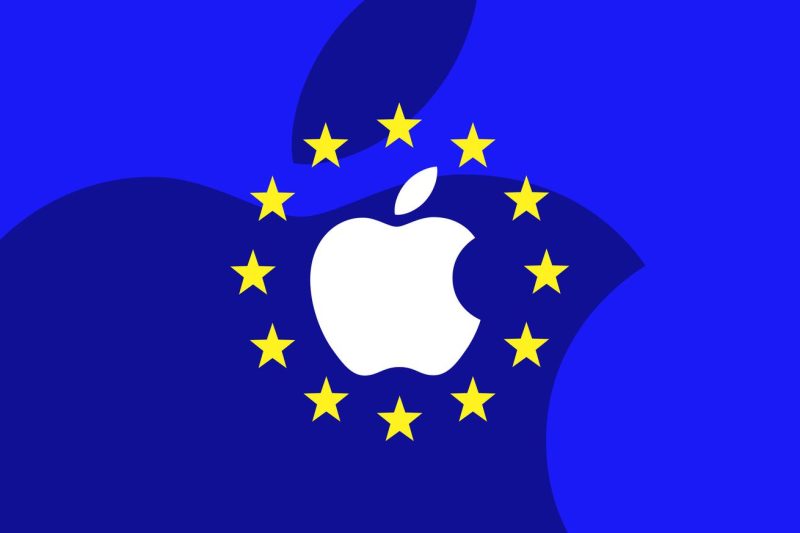In the modern tech landscape, smart devices like watches and headphones have become essential accessories for many consumers. While big tech companies like Apple have dominated the market with their own branded products, there is a growing demand for third-party alternatives that offer more diverse features and price points. Recently, Apple has been put on notice regarding its support for third-party watches and headphones, sparking debates among consumers and industry experts alike.
Apple’s ecosystem is known for its seamless integration and compatibility, which has been a significant selling point for many users. However, this closed system approach has also drawn criticism for its limitations on third-party accessories. By restricting certain features and functionalities to only work with Apple-branded devices, the tech giant has been accused of anti-competitive behavior by some watchdogs.
The issue of third-party support gains even more significance with the rise of smartwatches and wireless headphones from other manufacturers. Brands like Samsung, Garmin, and Bose have introduced innovative products that compete with Apple’s offerings in terms of quality and performance. Consumers are increasingly looking beyond the Apple ecosystem for options that better suit their needs, leading to a shift in the market landscape.
One of the key concerns raised by critics is the lack of interoperability between Apple devices and third-party accessories. While Apple has made some efforts to support certain features with non-Apple products, there are still significant gaps in functionality that hinder the user experience. For example, third-party smartwatches may not be able to fully utilize health tracking features or receive notifications in the same way as an Apple Watch.
Furthermore, the issue of repairability and compatibility has also been brought to the forefront. Apple’s tight control over its devices makes it challenging for third-party manufacturers to create compatible accessories that meet the same standards. This has led to complaints from consumers who are looking for more affordable alternatives or specialized features that Apple does not offer.
In response to these concerns, Apple has promised to improve its support for third-party devices in future software updates. The company has stated that it is committed to fostering a more open ecosystem that allows for greater choice and flexibility for users. However, critics remain skeptical of Apple’s intentions and have called for more concrete actions to ensure fair competition in the market.
As the debate over third-party support continues, consumers are advised to carefully consider their options when choosing smart devices and accessories. While Apple products may offer a seamless experience within the company’s ecosystem, there are many compelling alternatives available that provide excellent performance at competitive prices. Ultimately, the increasing demand for third-party watches and headphones signals a shift towards a more diverse and inclusive tech industry where consumers have more choices and freedom to personalize their digital experience.
